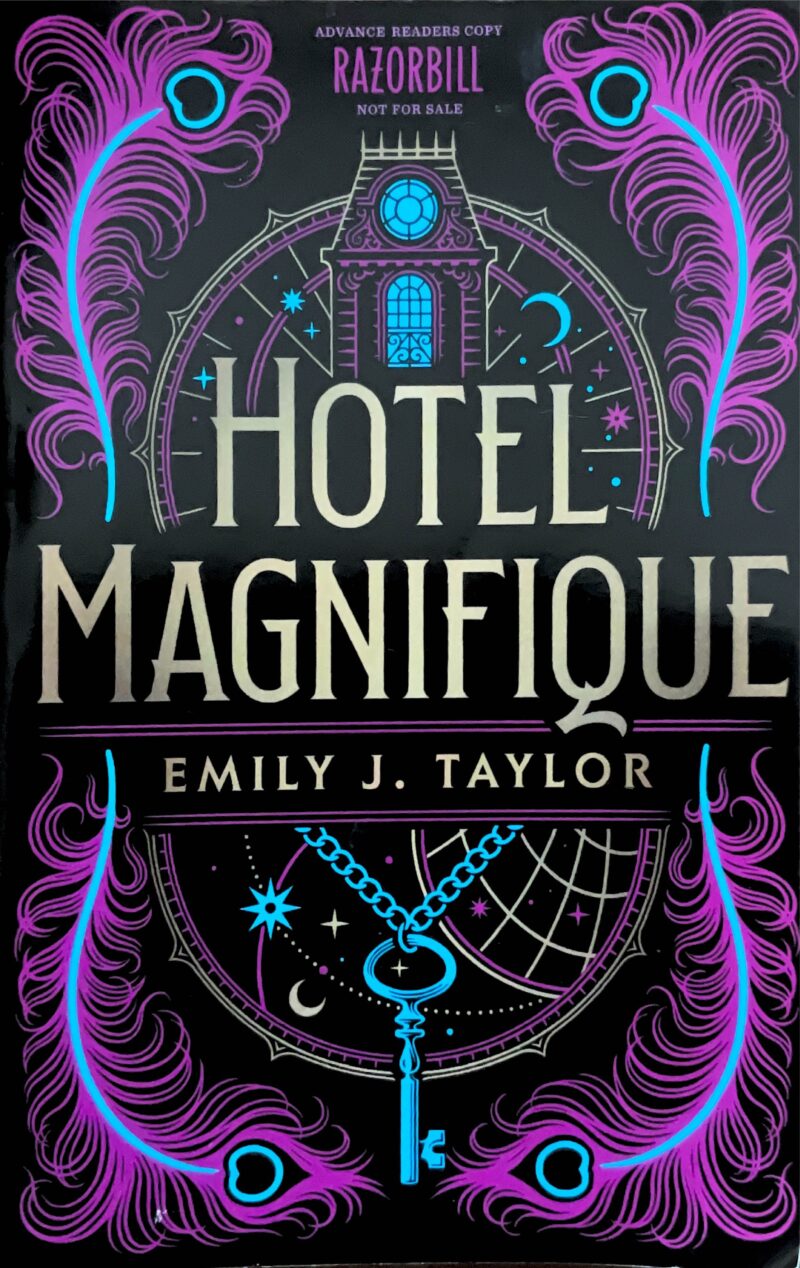 Piranesi (though he’s not at all sure that’s his name) lives in the House, a labyrinth of cavernous halls lined with statues. He spends his days calculating the pattern of the tides, which sweep through the halls at more or less regular intervals, and helping the Other seek mysterious knowledge hidden somewhere deep within the House’s depths.
Piranesi (though he’s not at all sure that’s his name) lives in the House, a labyrinth of cavernous halls lined with statues. He spends his days calculating the pattern of the tides, which sweep through the halls at more or less regular intervals, and helping the Other seek mysterious knowledge hidden somewhere deep within the House’s depths.
In many ways, the less said about Piranesi before you read it, the better. For one, it’s better to let its wonders unfold all on its own, and I would be doing you a grievous disservice by hinting at any more of its charms before giving you the chance to experience them for yourself. For another, I could write hundreds of words describing its wonders and still fail to capture what it is about this book I loved. Like a poem, Piranesi is complete in and of itself; the best way to know it is just to read.
Fans of Susanna Clarke’s previous novel, Jonathan Strange and Mr Norrell, may be surprised to find Piranesi so compact. At a slim 245 pages, Clarke’s new novel almost seems to be making up for its sibling’s impressive heft. But just as every one of Jonathan Strange’s 782 pages is justified (fight me on this), Piranesi feels like a book that could never be any length other than what it is, however much I might have wished to linger within its covers.
Though the stories are completely different (and, if I haven’t been clear, completely unrelated), you can expect much of what people loved about Clarke’s first book in its successor: quirks of dry humor, unforgettable personages, and of course, magic. Strange and uncanny, dark and lovely – here you will find enchantment at its very finest. Piranesi is both a mystery novel and an otherworldly delight.
There are some books that seem to reach a special, secret part of you, ones where reading them seems akin to glimpsing something beautiful and quiet and rare, something that feels as though it could take flight at any moment. There isn’t much to say about books like this – or if there is, it will have to be said by somebody besides ourselves, because the most we’re willing to do is to shrug toward such novels with a silent gesture of “Go on, then” and hope the interlopers won’t trample the grass or frighten away whatever precious thing we found in their pages. Piranesi was one such novel for me, and so – well, you know.
A copy of this book was provided by the publisher for review.



